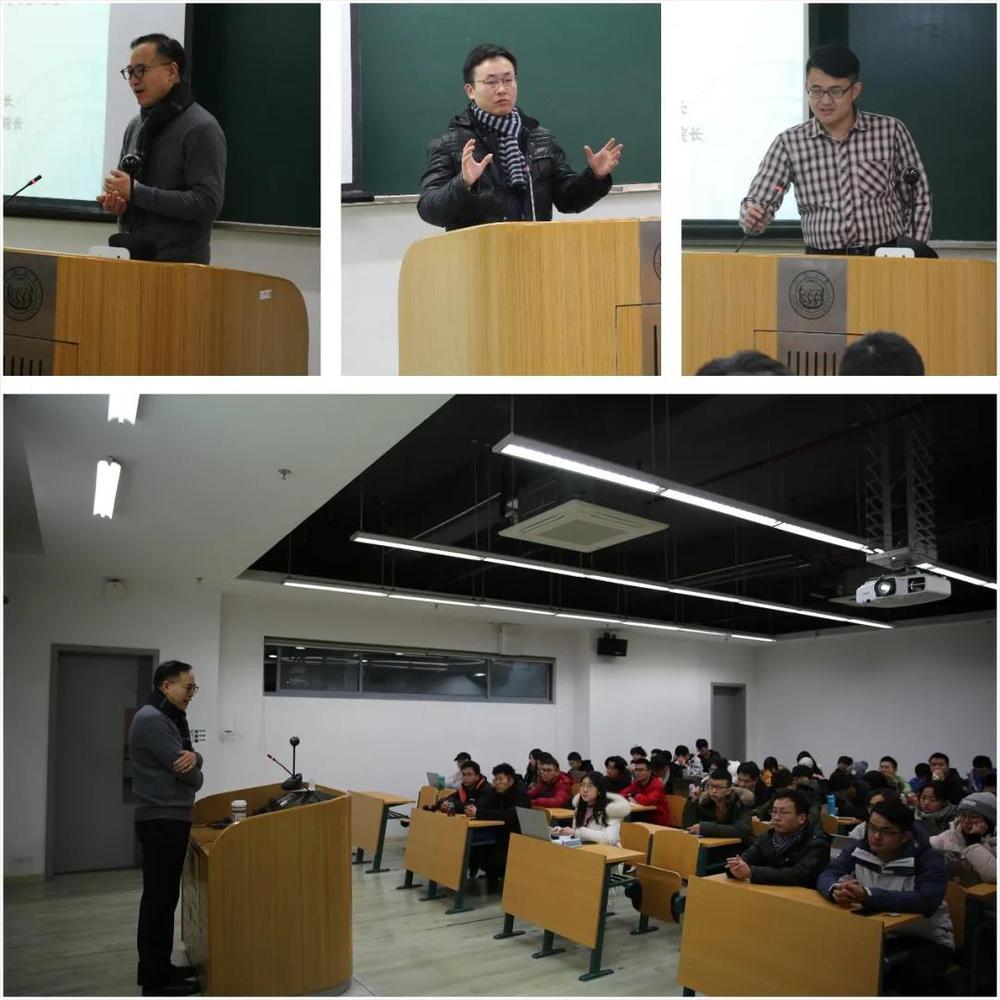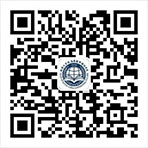
On January 18, 2021, in accordance with the requirements of The Implementation Opinions on the Construction of First-Class Undergraduate Courses in Shanghai Higher Education Institutions (HJWG[2020]No.30) and The Notice of Shanghai Municipal Education Commission on the Application of First-Class Undergraduate Courses in 2020 (HJWG[2020]No.66), a total of 367 courses have been recognized as the first-class undergraduate courses in Shanghai higher education institutions in 2020 through the application and recommendation by each school and the expert review organized by the Municipal Education Commission, of which 112 are offline courses. Nine courses of Tongji University are in the list.
In particular, the offline course “China International Strategy” taught by Professor Men Honghua was awarded a first-class undergraduate course in Shanghai.
Attachment: Course Description

1. Course Team Leader
Men Honghua is a Distinguished Professor at Tongji, Dean of the School of Political Science & International Relations and President of the Institute for China & World Studies, Tongji University, and Director of Tongji Base for Research on International Governance of Cyberspace under the Cyberspace Administration of China (CAC) & the Ministry of Education (MOE). He holds numerous titles including a leader talent in Philosophy and Social Sciences in the national “Ten Thousand Talents Program” and a cultural figure & talent in the “Four Talent Programs” by the Publicity Department of the CPC Central Committee, a chief expert under the Central Marxist Theory Research and Construction Project, and an expert enjoying special allowance of the State Council. Professor Men is engaged in the research of international relations theory, grand strategy theory, comparison of major countries' strategies, the history of Chinese strategic thought, and studies of soft power theory and practice. So far, he has presided over two key projects for the major subjects of philosophy and social sciences of MOE, three projects of the National Social Science Fund of China (NSSFC), and more than 40 other research projects. His publications include 15 Chinese and English monographs such as China’s Grand Strategy - A Framework Analysis, 16 translated books including Power and Interdependence, and 52 edited or co-authored books including China Changes the World. Also, he has published more than 160 academic papers on journals such as Social Sciences in China (SSIC). He has won many honors and awards, including the first prize of Scientific Research Excellence Award and the first prize of Teaching Excellence Award of the Party School of the CPC Central Committee, “Outstanding Teacher with Professional Ethics” and the first prize of Tongji Talent Cultivation Award, the first prize of Shanghai Award for Outstanding Achievement in Philosophy and Social Science, the second and third prizes of MOE Award for Outstanding Achievement in Scientific Research (Humanities and Social Sciences) of Higher Education Institutions.

2. Course Positioning and Goals
As a core course of the School of Political Science & International Relations and the Institute for China & World Studies, Tongji University in recent years, “China’s International Strategy” was offered to postgraduates in 2016 and has become a basic major compulsory course covering all postgraduates of the school. In 2018, it was offered to undergraduates majoring in political science & administration. Now it is a major compulsory course for the entire “social science experimental class” under general enrollment. Since its opening, it has gradually realized the full coverage between postgraduates and undergraduates.
The core goal of this course is to guide students majoring social sciences to systematically learn the theoretical knowledge of China’s international strategy and fully grasp the analytical tools and methods of international strategy based on a comprehensive understanding of China’s domestic and international strategies. By teaching the relationship between China and the world amid changes in domestic and international situations, studying the coordination and alignment of China’s national development strategy, global strategy and regional strategy, and conducting in-depth study and analysis on the major issues involved, the course will give students a general picture of China’s international strategy, and depict a vision of China’s rise as a world power.
The course is designed to enable students to have a basic idea of the international background for China’s rise and national rejuvenation, to understand the logic behind China’s international strategy and the internal mechanism of such strategic design as the Belt and Road Initiative, and to grasp the interactions between China and the world, so as to cultivate elites equipped with a global vision and strategic thinking as well as knowledge of national governance and international affairs.

3. Course Content and Methods
This course consists of five major parts: (1) Introducing the relevant agenda methodology and the environment of the times to establish the theoretical and realistic background of the course; (2) Measuring and assessing China’s national strength to help students have a rational understanding of China’s rise; (3) Systematically explaining China’s national strategic interests and strategic concepts to build China’s national strategic system; (4) Explaining the main content of China’s international strategy from the perspective of China’s opening-up strategy and international institutional strategy; (5) Taking China-US Relations and China-Japan relations as empirical cases at the global and regional levels to implement and enrich the teaching of the course on a realistic level.
Teaching methods include lectures by teachers, classroom discussions and self-study by postgraduates. Students are required to carefully read the assigned materials, actively participate in discussions, write reading notes or academic papers, and invite established experts and scholars to give lectures and workshops. Teaching links mainly include students’ pre-class literature reading, lectures by teachers, classroom interaction, after-class thinking on problems, mid-term paper inspection, and final exam. In the teaching process, pre-class preparation, in-class learning and after-class consolidation are an organic combination that can harmonize teachers’ coaching and the students’ independent learning in the course teaching.
Meanwhile, this course seeks to help students gain a comprehensive understanding of China’s international strategy from diversified perspectives by leveraging such premium resources as Tongji Masters’ Lecture “China and the World” and Tongji Serial Lectures on Social Sciences organized by the course leader. Also, this course has a synergistic effect with the sister course “China and the World in the New Era”, a key construction course of the Shanghai Municipal Education Commission led by Professor Men Honghua, thereby amplifying the linkage between the curriculum system and the teaching material system.

4. Course Team and Teaching Materials
Led by Professor Men, this course has a faculty team with a reasonable age structure, a consistent teaching philosophy, unique individual research, and effective teamwork. The current teaching team includes two Tongji distinguished professors, one professor and one assistant professor across the post-60s, 70s and 80s generations. On the one hand, this can ensure that the course is taught by authoritative scholars in a consistent fashion; and on the other hand, this can provide students with a diverse yet unified experience from the special perspective of teachers of different ages and research interests. The teaching team has also built several mechanisms including with respect to regular collective lesson preparation and irregular teaching feedback to improve the team’s cooperation and practice.
Relying on the textbook “China’s International Strategy” specially written by the course leader Professor Men Honghua, this course is committed to the latest interpretation and understanding of related issues on the basis of an established framework. The textbook was published by Tsinghua University Press in 2009 and republished by Gezhi Publishing House/Shanghai People’s Publishing House in 2017 after revision. To reflect the changes in the world over the past century and the development of China’s international strategy, the course leader is revising the third edition to ensure that the teaching materials are always keeping up with the times.


Honors Related to the Course
2011: Excellence Award for Teaching Graduate Students in the Party School of the CPC Central Committee (ministerial and provincial level)
2012: Excellence Award for Teaching Graduate Students in the Party School of the CPC Central Committee (ministerial and provincial level)
2014: Special Allowance of the State Council (teaching in social sciences) (national level)
2018: “Excellent Teacher with Professional Ethics” in Tongji University
2019: 6th “Famous Course & Excellent Teacher” in Tongji University
2020: second prize of Teaching Achievement Award 2019 in Tongji University
2020: Key Course Construction Project 2020 in Tongji University
2020: first prize of Yucai Education Incentive for Outstanding Teachers in Tongji University
2020: “Fostering Virtue through Education” Model Course in Tongji University
2020: first prize of Excellent Textbook for Undergraduates in Tongji University






